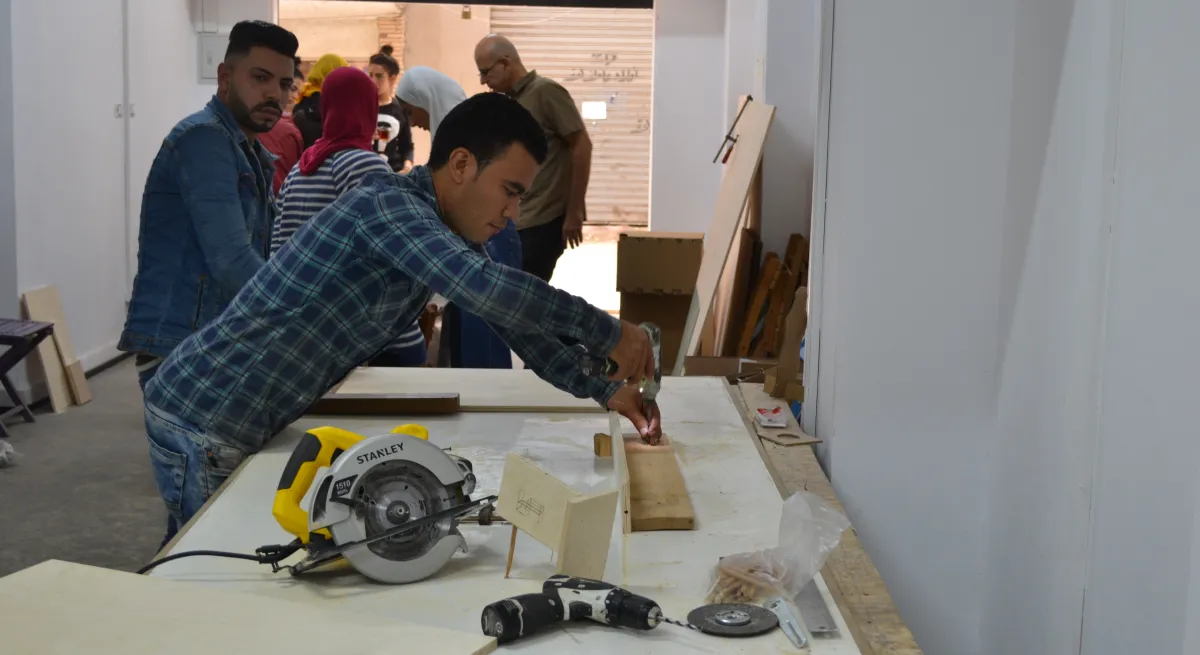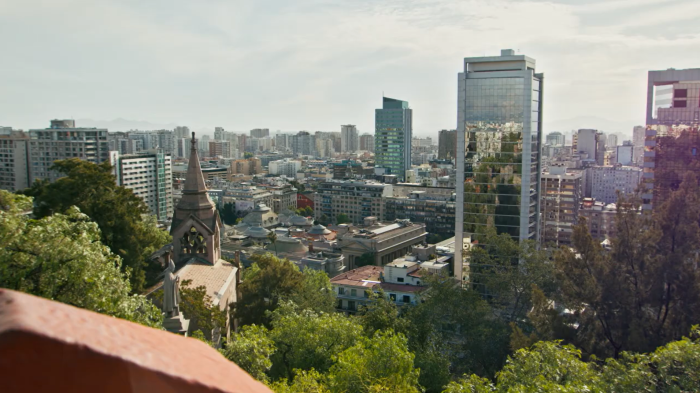Fostering economic collaboration and knowledge-sharing between disadvantaged local artisans in Cairo, on the one hand, and high-end designers and producers, on the other.
30.033333, 31.233334
Cairo, Egypt, has a huge informal sector – 50% of GDP – that employs and shelters millions of people. But lack of formal protections makes affected groups highly vulnerable.
The Julius Baer Foundation supports the Cairo Lab for Urban Studies, Training and Environmental Research (CLUSTER) in successfully forging connections between low-income artisans in Cairo’s booming informal sector and high-end designers and manufacturers in the formal economy.
The resulting collaborations include three modules in various stages of development: In ‘Carpentry and Metal Work’, design houses and local craftspeople have produced ten prototypes slated for production. In the second module, craftspeople skilled in traditional Arabic gilded-glass signage techniques have been partnered with upscale producers and introduced to retailers in downtown Cairo and Port Said. In the third module on ‘Palm Reeds Furniture’, market research has been launched on the most-desired items among target consumers.
From vulnerable craftspeople...
Egypt’s informal sector is bursting with talented carpenters, metalworkers and other craftspeople who ply their trade without the recognition afforded to their counterparts in the professionalised creative industries.
... to valued collaborators.
By bringing them together with formally trained designers, industrial houses and marketing experts, new synergistic ventures are born that foster colearning and coproduction while raising the profile and income of informal workers.

Since I have started working on this design, I already received four requests to reproduce it and I increased my profit with each piece.
OUTPUT
Since the beginning of the project support, 12 artisans were trained, 12 designers enrolled, 5 capacity building workshops conducted and 8 prototypes exhibited.
OUTCOME
The project allowed artisans and designers to acquire new skills, which helped to make 24 products that are more marketable.
HIGHLIGHT
Production of 12 manuals for distribution to the artisans, which allow them to replicate the design in the future.
Creative responses to human need
• Egypt’s informal economic sector has thrived for decades, despite harsh economic circumstances.
• In Cairo, informal economic activity provides lower-income residents with affordable products, services and shelter.
• The off-the-book economy is also a major employer, accounting for 68% of all new jobs. Overall, Egypt’s informal economy is growing by 1% every year relative to its formal economy.
• Official attempts to incorporate these activities into the formal economy have failed. Cairo remains characterised by a formal–informal divide, accentuated by social and geographical segregation.
• CLUSTER views this informality as a creative response to human need.
• CLUSTER reinforces the ingenuity of informal workers, enabling them to increase their incomes and job network. This gradually helps to close the informal–formal divide, establishing mutually beneficial ventures between industry professionals and disadvantaged craftspeople.

